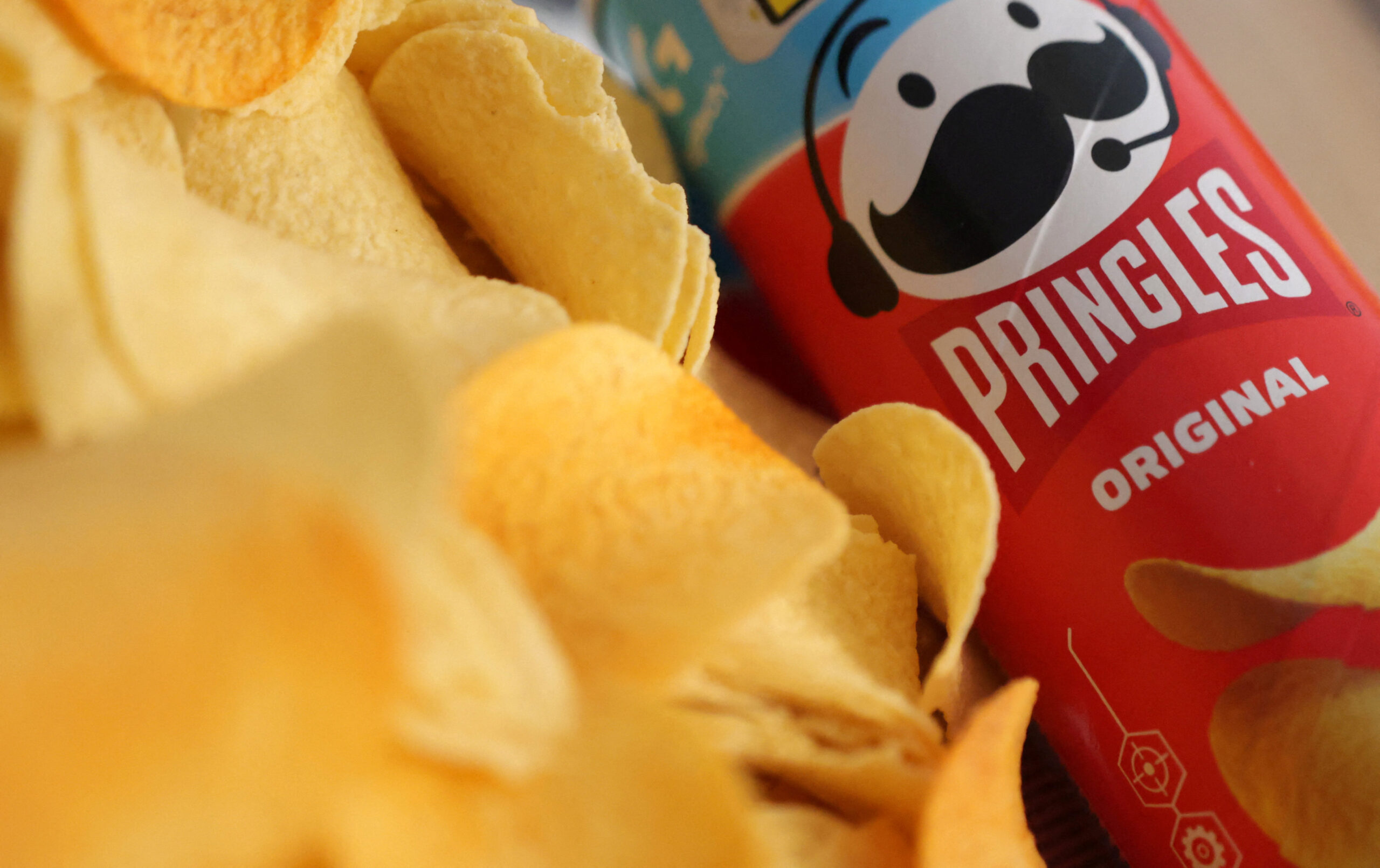Mars’ contemplated acquisition of U.S. snack maker Kellanova (NYSE: K) stands a good chance of getting past global antitrust regulators, legal experts say, even as it touches on a sensitive area of government oversight — how much consumers pay for food.
On Sunday, Reuters reported that privately held Mars was looking to acquire Kellanova, which has a market value including debt of $31 billion. The tie-up would come as other deals in the food sector, such as grocery store operator Kroger’s (NYSE: KR) $25 billion proposed acquisition of Albertsons (NYSE: ACI), grapple with lawsuits from regulators over the impact they would have on prices following a bout of inflation.
These concerns are acute in the packaged food sector, which lower-income families have traditionally relied on because fresh food can be more expensive. The industry has hit shoppers with higher prices in the last two years, citing higher costs that started with the COVID-19 pandemic and were exacerbated by Russia’s invasion of Ukraine.
If U.S. regulators decide to challenge the deal, they may struggle to convince antitrust judges that uniting Mars, the maker of Snickers, M&M’s, Pop-Tarts, and Rice Krispies Treats, with Kellanova (NYSE: K), which produces Pringles, Cheez-It, Pop-Tarts, and Eggo frozen waffles, would raise prices or harm competition in the market, according to interviews with and notes from six antitrust lawyers and industry analysts.
This is because of the limited overlap between their offerings.
Mars’ portfolio, which includes Twix, Bounty, and Milky Way, centers on candy and sweets, such as chocolate. The company is also the world’s largest pet food maker and a major operator of veterinary health centers.
Kellanova, which split from WK Kellogg Co. (NYSE: KLG) last October, is rooted in a salty snacks business in the U.S. and around the world, and selling cereal outside of North America. WK Kellogg was left with the North American cereal business of Kellogg, the original parent company.
Salty snacks generate about 49% of Kellanova’s annual sales, according to data provider Numerator. Mars’ snacking division, which comprises chocolate, candy, gum, and bars, accounts for around 38% of its annual sales, according to a person familiar with the matter.
Combined, Mars and Kellanova would account for roughly 12% of the U.S. snacking and candy industry, according to market share data from NielsenIQ. This would still leave the market with fierce competition, as PepsiCo, Kraft Heinz, Mondelez, Hershey, General Mills and other big players fight for consumer dollars.
“Even when we broaden out the overlap to be total snacks together, we don’t see a Mars-Kellanova deal setting off many alarm bells in the Department of Justice or Federal Trade Commission,” JPMorgan analysts wrote in a note this week, referring to the two principal U.S. antitrust regulators.
Mars and Kellanova declined to comment. Spokespeople for the U.S. Department of Justice and the U.S. Federal Trade Commission (FTC) also declined to comment.
Internationally, the deal would be subject to regulatory reviews in the countries where the companies operate. Mars would also likely argue to regulators in those countries its product overlap with Kellanova is limited, the experts said.
LENGTHY REVIEW LIKELY
Gerald Stein, an antitrust partner at law firm Davis Wright Tremaine, cautioned that Mars and Kellanova (NYSE: K) should still brace themselves for lengthy regulatory review. One recent example in the food sector is Campbell Soup’s $2.33 billion acquisition of Sovos, maker of Rao’s Homemade pasta sauce.
Campbell Soup (NYSE: CPB) and Sovos planned to complete the deal in December but pushed the close back to March because of a protracted review by the FTC studying the overlap in their offerings.
“The lines aren’t as clearly drawn as with cars, BMWs versus Kias, where you have luxury versus non-luxury products. For snack foods, it is a hard demographic to parse out,” said Stein.
Another caveat, antitrust experts say, is the hostility that antitrust regulators have occasionally shown for big companies merging even when their markets are fragmented and teeming with competition. They point to antitrust challenges against the proposed tie-up between handbag makers Tapestry and Capri and mattress maker Tempur Sealy’s proposed acquisition of Mattress Firm as recent examples.
“There is a significant risk that just because these companies are so large and leaders in their segments, they will attract regulatory scrutiny,” said Seth Bloom, a former general counsel of the U.S. Senate antitrust subcommittee who now runs his own advisory firm.
(Source: ReutersReuters)













